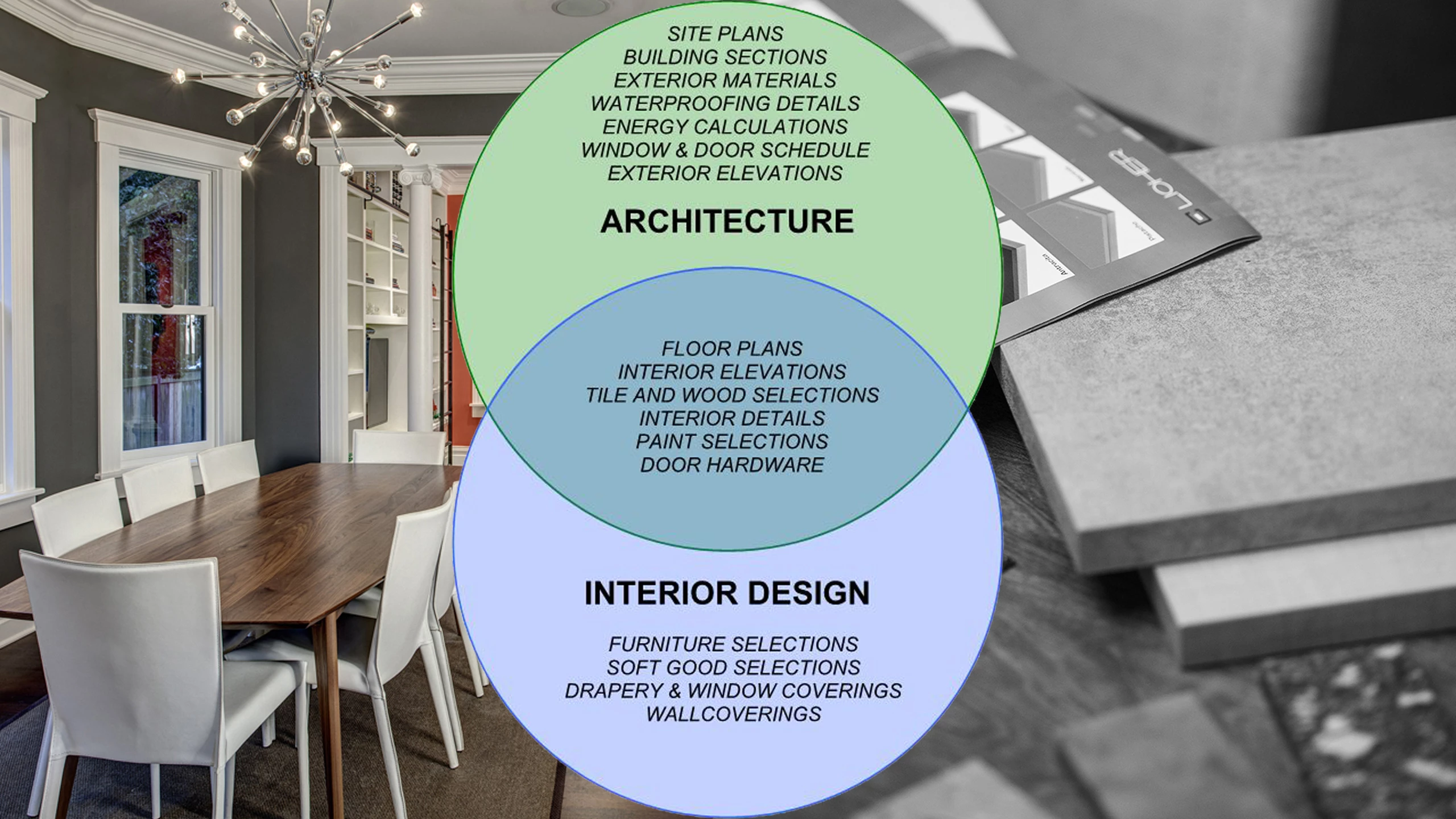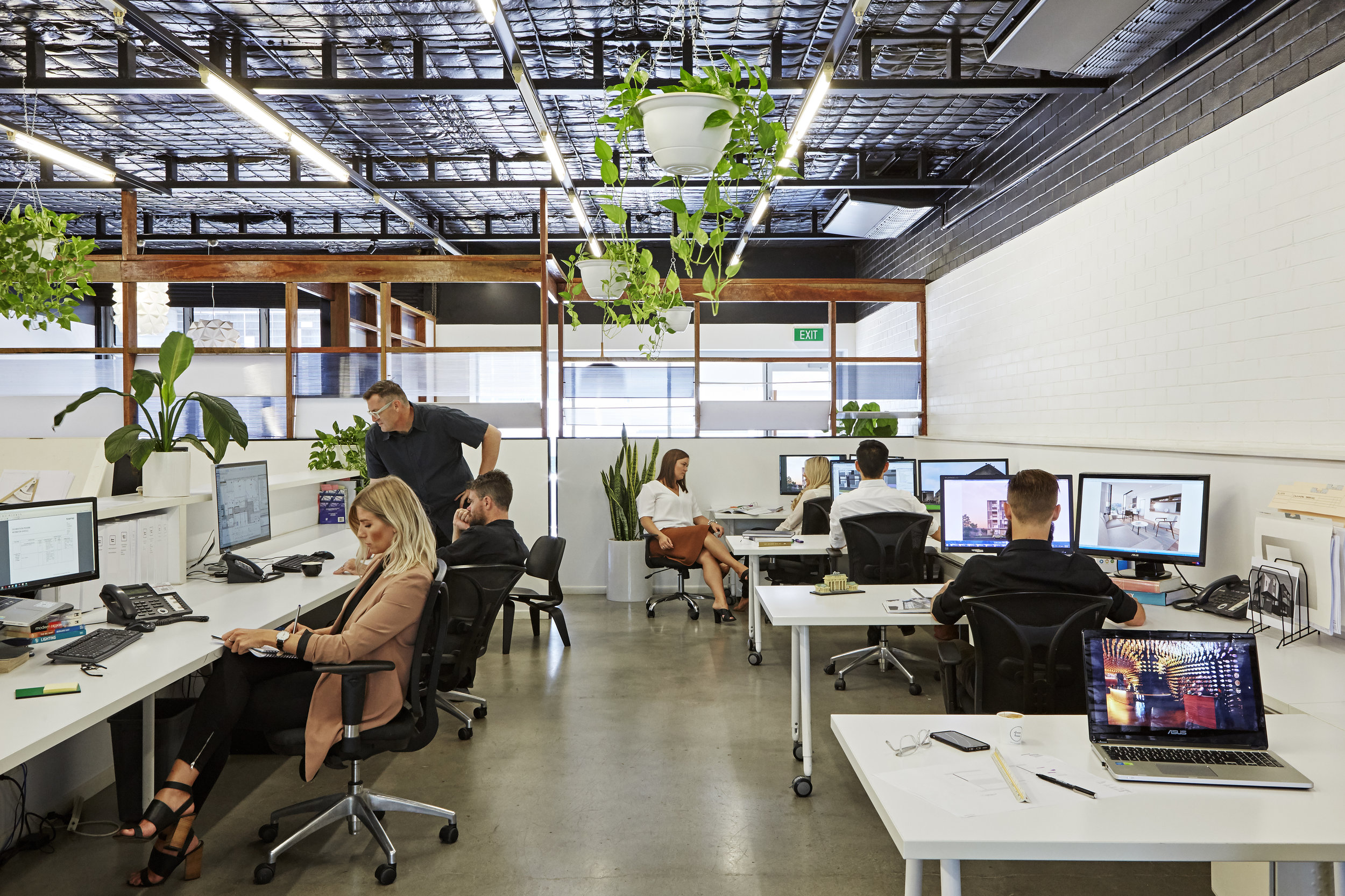Interior Design Near Me: Personalized Solutions for Every Style
Interior Design Near Me: Personalized Solutions for Every Style
Blog Article
The Art of Balance: How Interior Design and Home Architect Collaborate for Stunning Outcomes
In the realm of home design, striking an equilibrium in between visual appeals and performance is no little task. This delicate equilibrium is achieved through the unified cooperation between interior developers and engineers, each bringing their unique competence to the table. Keep with us as we explore the intricacies of this joint process and its transformative impact on home style.
Understanding the Core Distinctions In Between Interior Style and Home Design
While both Interior Design and home design play crucial duties in developing visually pleasing and functional rooms, they are inherently different techniques. Home style mainly focuses on the architectural elements of the home, such as building codes, safety laws, and the physical building and construction of the space. It manages the 'bones' of the structure, working with spatial dimensions, load-bearing wall surfaces, and roof covering layouts. On the various other hand, Interior Design is much more concerned with enhancing the aesthetic and sensory experience within that structure. It involves selecting and preparing furnishings, selecting color schemes, and incorporating attractive components. While they function in tandem, their duties, responsibilities, and locations of experience split substantially in the development of a harmonious home environment.
The Synergy Between Home Design and Inside Style
The synergy between home design and Interior Design lies in a common vision of design and the enhancement of useful appearances. When these two fields align sympathetically, they can transform a space from common to phenomenal. This cooperation calls for a deeper understanding of each technique's concepts and the capability to produce a natural, visually pleasing atmosphere.
Unifying Layout Vision
Linking the vision for home design and indoor design can develop a harmonious living area that is both practical and visually pleasing. It promotes a synergistic strategy where building components enhance interior layout elements and vice versa. Therefore, unifying the layout vision is vital in mixing architecture and indoor style for magnificent results.
Enhancing Functional Aesthetic Appeals
Just how does the synergy between home design and interior style improve functional aesthetic appeals? Engineers lay the foundation with their architectural style, making sure that the space is useful and efficient. An engineer might develop a house with large home windows and high ceilings.
Value of Cooperation in Creating Balanced Spaces
The partnership between indoor designers and designers is pivotal in producing balanced areas. It brings consistency between layout and style, bring to life spaces that are not only visually pleasing but additionally functional. Checking out successful collaborative approaches can give insights into just how this harmony can be effectively accomplished.
Balancing Design and Architecture
Balance, a crucial facet of both Interior Design and architecture, can only really be achieved when these two fields operate in consistency. This consistency is not simply a visual consideration; it impacts the performance, longevity, and eventually, the livability of a room. Inside engineers and developers need to recognize each other's functions, appreciate their competence, and connect efficiently. They should take into consideration the interplay of architectural components with decor, the flow of areas, and the influence of light and color. This collective process leads to a cohesive, well balanced design where every aspect has a function and contributes to the total aesthetic. Consequently, integrating design and design is not just regarding producing attractive spaces, yet concerning crafting areas that work perfectly for their occupants.
Effective Collaborative Approaches

Case Studies: Effective Integration of Style and Design
Analyzing a number of situation researches, it becomes apparent exactly how the successful integration of Interior Design and style can transform a space. The Glass Home in Connecticut, renowned for its minimalistic elegance, is one such example. Architect Philip Johnson and interior developer Mies van der Rohe teamed up to produce an unified equilibrium between the interior and the structure, leading to a smooth circulation from the outside landscape to the inner living quarters. One more prototype is the Fallingwater Home in Pennsylvania. Engineer Frank Lloyd Wright and interior developer Edgar Kaufmann Jr.'s joint efforts bring about a stunningly distinct house that mixes with its natural environments. These situation studies underscore the profound impact of a successful design and architecture partnership.

Conquering Challenges in Layout and Architecture Collaboration
Regardless of the indisputable advantages of a successful collaboration in between Interior Design and style, it is not without its difficulties. Interaction problems can arise, as both events may make use of different terms, understandings, and methods in their job. This can cause misunderstandings and hold-ups in project conclusion. Another significant challenge is the balancing act of visual appeals and capability. Architects might prioritize architectural integrity and security, while resource developers concentrate on convenience and style. The combination of these purposes can be complicated. In addition, budget and timeline restraints frequently include pressure, potentially creating rifts in the cooperation. Efficient interaction, common understanding, and compromise are vital to overcome these difficulties and achieve a harmonious and effective partnership.

Future Fads: The Advancing Connection Between Home Architects and Interior Designers
As the globe of home layout proceeds to advance, so does the relationship in between architects and indoor developers. Alternatively, indoor developers are welcoming technological facets, affecting total format and capability. The future assures an extra natural, ingenious, and flexible technique to home style, as designers and architects continue to obscure the lines, cultivating a connection that genuinely symbolizes the art of balance.
Conclusion
The art of equilibrium in home style is achieved via the harmonious collaboration in between interior developers and designers. Regardless of difficulties, this partnership promotes development and advancement in design.
While both indoor design and home style play vital roles in producing aesthetically pleasing and useful areas, they are naturally different techniques.The harmony in between home architecture and interior style lies in a common vision of style and the improvement of functional aesthetic appeals.Unifying the vision for home style and interior style can check this site out develop a harmonious living area that is both useful and visually pleasing. Hence, unifying the design vision is vital in mixing design and indoor design for spectacular outcomes.
How does the synergy in between home style and interior style boost functional looks? (Winchester architect)
Report this page